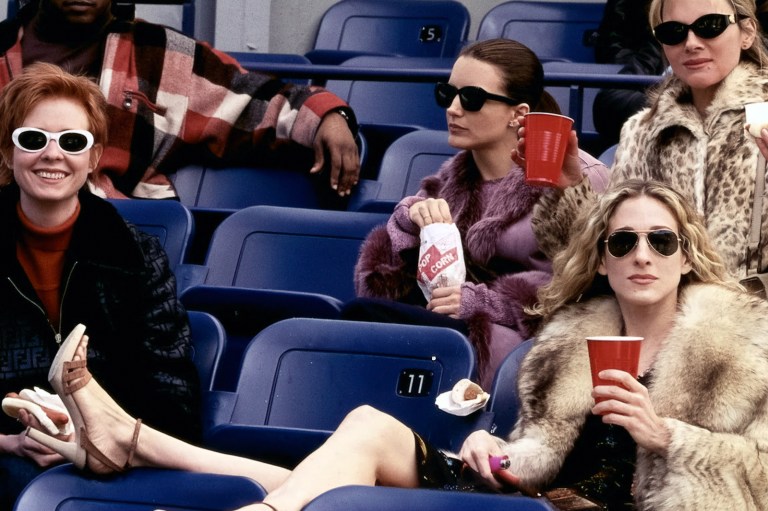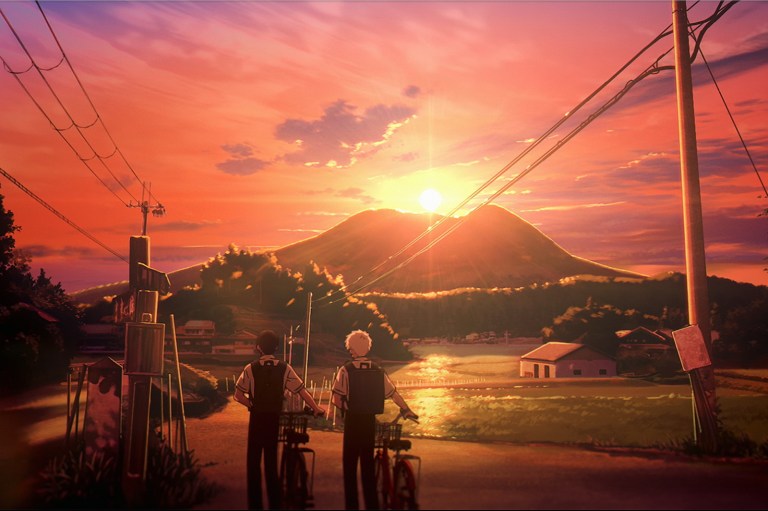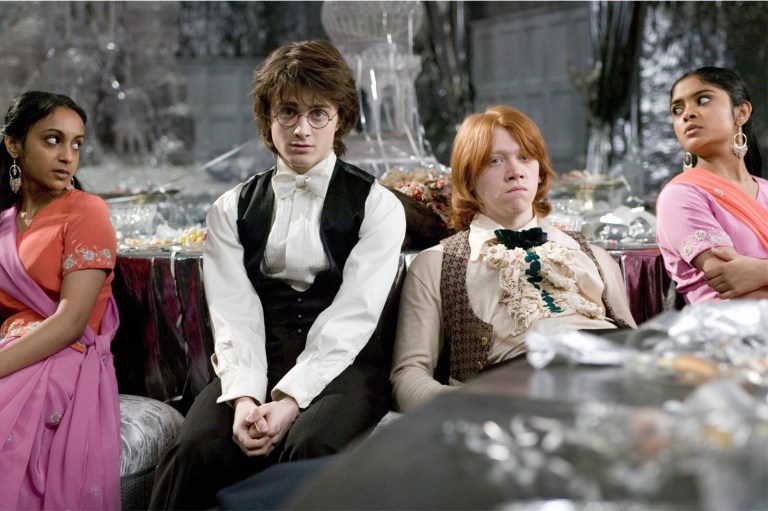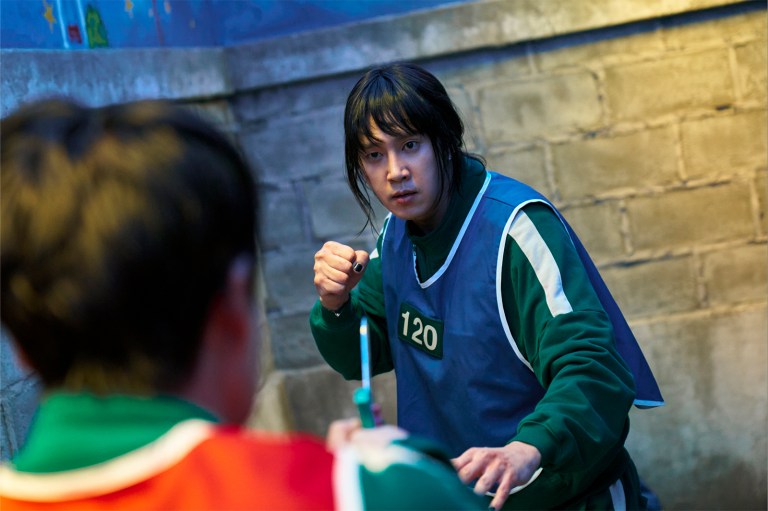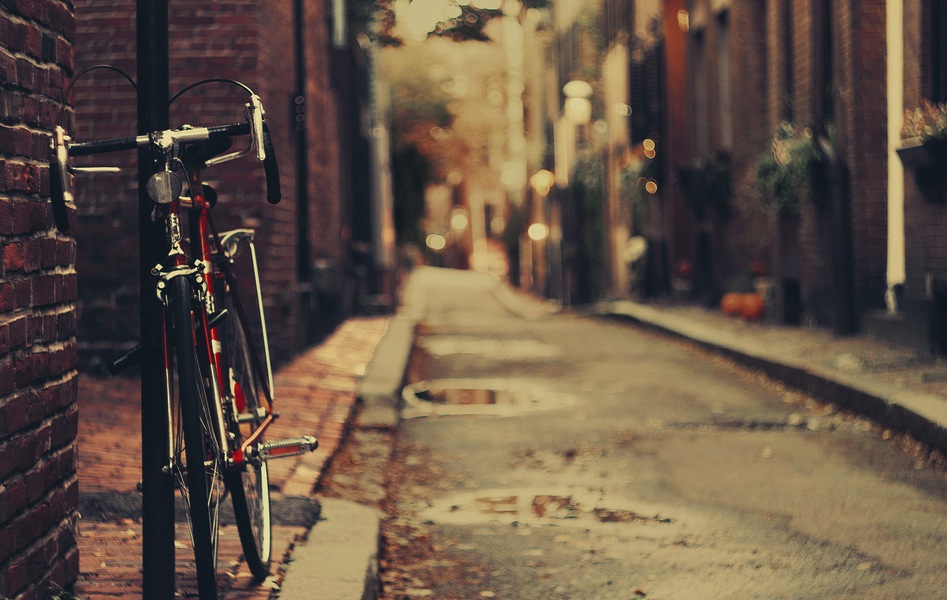
How My Grandfather’s Last Sentence Changed Me
It was the 40s. He was born very smart in a very poor part of the country, and as these things usually go, his only choice was to help out in their farm and to forget any prospect of going to school. Like many smart people though, he was a rebel. So when he was a teenager, he packed his bags, rode a one-way train to the city, and went to meet a friend who promised to give him a place to stay and help him with his studies.
His friend never arrived at the station.
He found himself in a strange place with no one to run to for help. He decided to beg for a job at the first place that would accept him, and thus became a prep cook for a small restaurant, chopping vegetables, peeling potatoes, and cutting up beef and chicken every day. He supported himself in this way, and eventually became an actual cook.
After some time, my grandfather met my grandmother and had my mother. They didn’t have such an easy life, but he continued to provide for his family. He would ride his bike every morning to deliver newspapers, work at the restaurant for the rest of the day, and go home in the evening with treats and cheap toys for his daughter. He was always strong and athletic, with an easy laugh and generous manner that made it impossible not to like him. Ever the eager learner, he would read newspapers and books whenever he had some spare time.
He had his vices, too. He loved drinking and smoked at least two packs daily, and he also did a bit of gambling. I got my first taste of beer from him in a spoon, and he laughed while I choked on the bitter liquid before warning me to never drink it again. Whenever he won one of his bets, he would slip me some coins and tell me to buy what I wanted. To a little girl, those coins were gold, and he was a king. I had always been a very difficult child but he was always patient with me, learning early on that firm words reached me more than violent discipline did. He was the one I cried to with a scraped knee or a bruised little-kid heart. He was my favorite, and I was his.
When he turned sixty eight, his excesses inevitably caught up to him as these things have a way of doing. After several strokes and years of abusing his body, he had an awful heart attack from which he never recovered. His health went on a downward spiral, getting worse and worse, until I found myself sitting beside his bed one day telling him small stories, the kind that flicker and shimmer and trigger random memories.
I paused to look at him, his face full of wrinkles like deep and ragged canyons, and I asked him one question I was always so curious to know the answer to.
“Are you afraid to die?”
I regretted my words immediately. How fucking stupid of me. You should never remind someone that they’re dying. You should help them forget it, distract them from it, help them think of better things. That was what I was supposed to do, wasn’t it?
He looked back at me and smiled. It was a genuine smile, and for a moment, there was the tough, healthy man I knew before. I missed that smile so much. And then he answered me.
“It feels so good to be alive.”
There I was, seventeen years old and I already had two suicide attempts, cut my skin constantly and abused alcohol and drugs. I battled with depression and did absolutely nothing to help myself. I had wanted to give up so many times, I’ve lost count. In that moment, I was so ashamed of myself I wanted to weep.
My grandfather had become excruciatingly thin, and he couldn’t even sit up by himself anymore. I could see the outline of his bones beneath his brown skin. He had to be fed and cleaned, and sometimes he urinated on himself when we couldn’t reach him in time. He was in constant pain and unable to do much more than sleep and eat and breathe. He would never again ride his bike or walk around the neighborhood to chat with his friends. No more holiday trips with us or helping me take care of the pets he loved so well. He would never step foot in the kitchen, nor read the books he used to devour. Every part of his body had gotten too weak to function, and he had stopped responding to medication. His time was running out.
Our relatives and friends had come to visit him a few days before, making plans to return for Christmas but knowing full well he wouldn’t last that long. We felt death in the air all around him. But we were wrong. We were so wrong. With his answer, I realized that all my grandfather felt was life.
It was the bravest, most vibrant thing I had ever seen.
In one of his last nights, at around 1 am, I stole towards his room careful not to wake anyone. You see, he had contracted tuberculosis. It was easy to treat with the right medicine but still highly infectious, and we were strictly forbidden to go near him. I tiptoed towards his room and opened the door. There he was, sleeping soundly, still with me. No one knew that I had never stopped kissing him on his cheeks goodnight, every single night, telling him I loved him and wishing him sweet dreams while everyone was asleep.
He died soon after.
His room was full of sunlight, but I wanted to kiss him goodnight one last time anyway. It was the best way I could express how grateful I was to the person who made me value my life once more. He reminded me that life can be such a miserable mess and still be okay. Since then, that sentence has been a powerful thing for me, an armor I wear when things get too heavy and dark and threaten to suck me into my own black hole.
I have never believed in forever, but I don’t think I’ll ever stop missing him. We never really forget our heroes. ![]()
